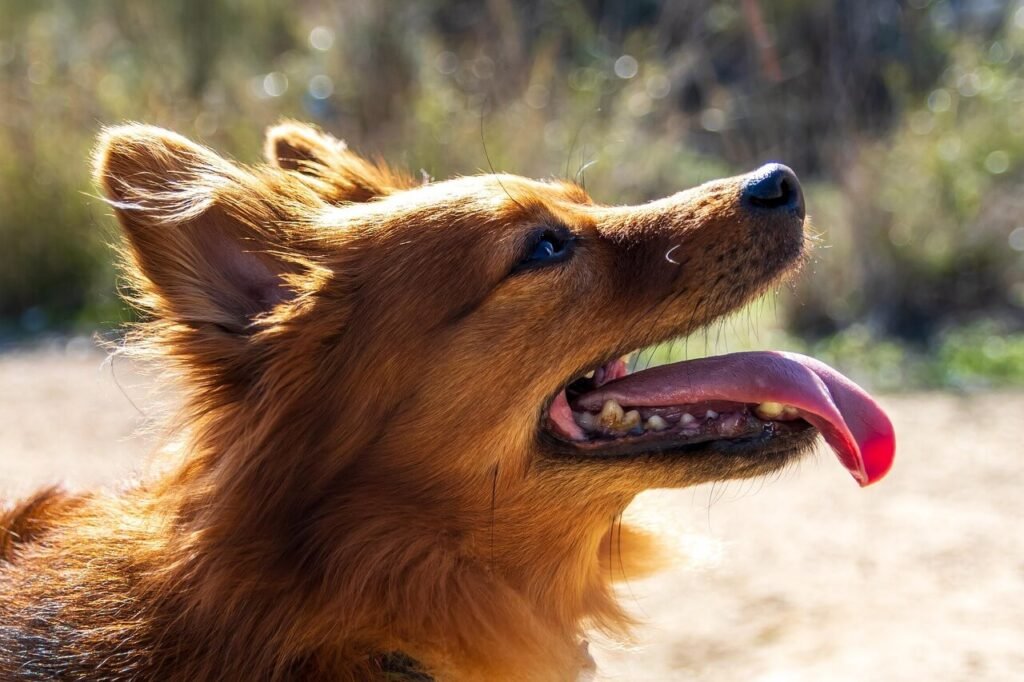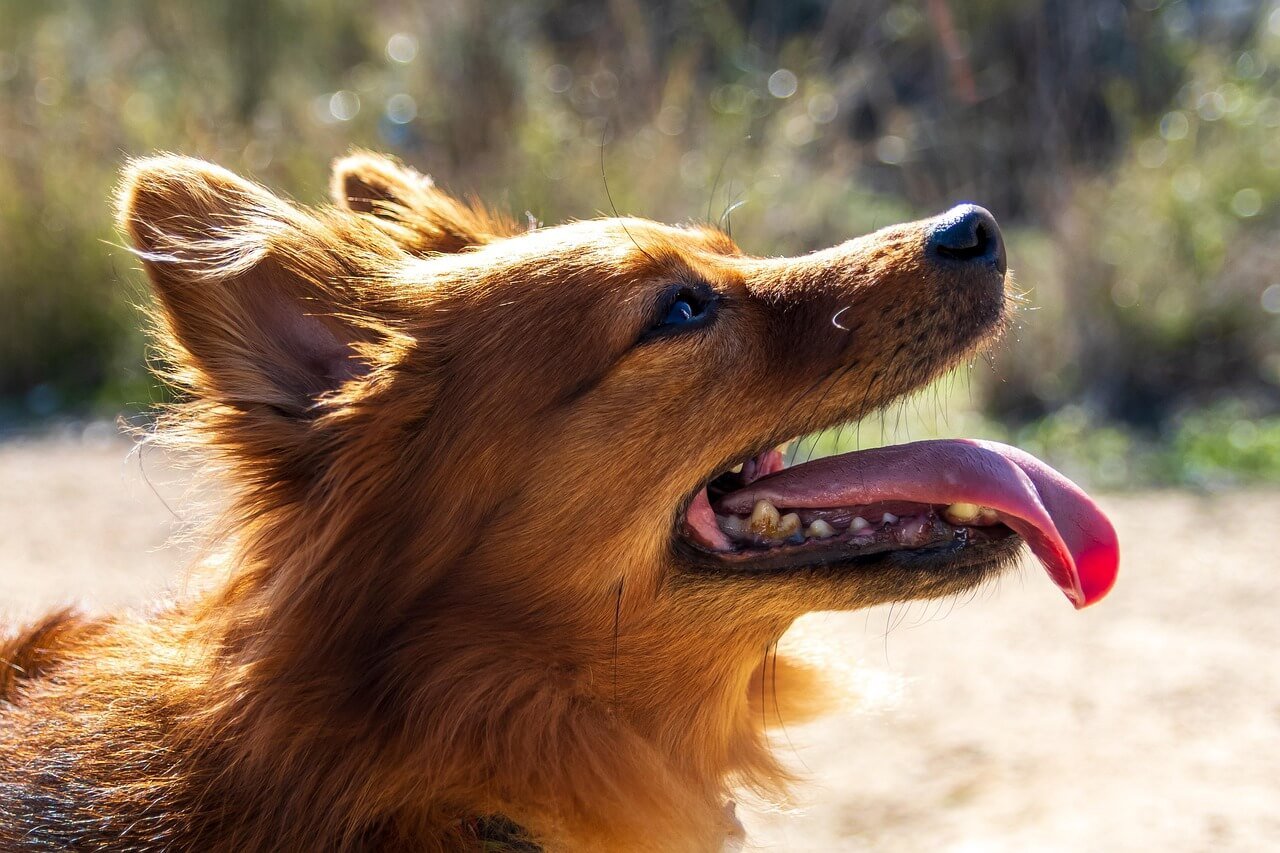Can Dogs Eat Black Pepper? What You Need to Know
If you’ve ever wondered whether your furry friend can safely enjoy a sprinkle of black pepper, you’re not alone. While black pepper is a common spice in human cuisine, its safety for dogs is a topic worth exploring. Dogs have different digestive systems and sensitivities compared to humans, so it’s essential to understand how certain foods, like black pepper, might affect them. In this blog post, we’ll dive into the details of whether black pepper is safe for dogs, potential risks, and tips to keep your pup healthy while experimenting with their diet. Let’s uncover the facts and ensure your dog stays happy and safe!
Is Black Pepper Safe for Dogs? Key Considerations
While black pepper isn’t toxic to dogs in small amounts, it’s important to understand its effects before sharing it with your pet. Here are some key points to consider:
Black pepper contains piperine, a compound that can irritate a dog’s digestive system if consumed in large quantities.
Small amounts of black pepper may not harm most dogs, but individual sensitivities can vary.
Spices like black pepper can cause stomach upset, including symptoms like vomiting or diarrhea.
Dogs don’t have the same taste preferences as humans, so they likely won’t enjoy the strong flavor of black pepper.
Adding unnecessary spices to your dog’s food can disrupt their balanced diet and nutritional needs.
In general, moderation is key when introducing any new food to your dog’s diet. Always consult your veterinarian before making significant changes.
Potential Benefits of Black Pepper for Dogs
While black pepper isn’t a staple in a dog’s diet, it does have some potential benefits when used sparingly and under professional guidance. Here’s what you should know:
Piperine in black pepper may enhance the absorption of certain nutrients, such as curcumin from turmeric.
It could support digestion by stimulating gastric juices, though this effect is minimal in dogs.
Black pepper’s antimicrobial properties might help combat certain bacteria or infections.
In rare cases, veterinarians may recommend black pepper as part of a holistic treatment plan.
When combined with other safe ingredients, it may contribute to anti-inflammatory effects.
Despite these potential benefits, it’s crucial to use black pepper cautiously and only under veterinary supervision.
Check this guide 👉Can Dogs Eat Cauliflower? Best 7 Health Tips!
Check this guide 👉Can Dogs Eat Honey? Best 7 Health Tips!
Check this guide 👉Can Dogs Eat Pomegranate? Best 7 Expert Tips!

Foods Safe for Dogs | Foods Unsafe for Dogs |
|---|---|
Cooked chicken (plain) | Chocolate |
Carrots | Grapes and raisins |
Plain rice | Onions and garlic |
Apples (seedless) | Alcohol |
Pumpkin (plain) | Macadamia nuts |
Risks of Feeding Black Pepper to Dogs
While black pepper isn’t inherently toxic, there are risks associated with feeding it to your dog. Understanding these risks can help you avoid potential health issues.
Excessive black pepper can irritate your dog’s gastrointestinal tract, leading to discomfort or pain.
Some dogs may experience allergic reactions or sensitivities to spices like black pepper.
Overuse of spices can mask underlying health issues or interfere with prescribed medications.
Strong flavors can discourage dogs from eating their regular food, disrupting their diet.
Accidentally feeding too much black pepper can lead to dehydration due to vomiting or diarrhea.
To minimize risks, it’s best to avoid adding black pepper to your dog’s meals unless advised by a veterinarian.
Tips for Introducing New Foods to Your Dog’s Diet
When considering new foods, including spices like black pepper, it’s essential to proceed carefully. Here are some tips to ensure your dog’s safety:
Start with tiny amounts to monitor your dog’s reaction before increasing the quantity.
Avoid combining multiple new ingredients at once to identify any adverse effects.
Consult your veterinarian before introducing anything outside their regular diet.
Stick to plain, natural foods and avoid processed or heavily spiced items.
Observe your dog closely for signs of discomfort, such as vomiting, diarrhea, or lethargy.
By following these guidelines, you can safely experiment with your dog’s diet while prioritizing their well-being.
Signs Your Dog May Have Eaten Too Much Black Pepper
If your dog accidentally consumes black pepper or any other spice, it’s important to recognize the signs of discomfort or potential health issues. Here’s what to look out for:
Excessive drooling or foaming at the mouth could indicate irritation in their digestive system.
Vomiting or retching may occur if their stomach is struggling to process the spice.
Diarrhea or loose stools can be a sign of gastrointestinal upset caused by black pepper.
Pawing at their mouth or face might suggest they’re experiencing a burning sensation.
Lethargy or reluctance to eat their regular food could signal ongoing discomfort.
If you notice these symptoms, monitor your dog closely and consult your veterinarian if they persist or worsen.
Alternatives to Spices for Flavoring Your Dog’s Food
Instead of using spices like black pepper, there are safer ways to enhance the flavor of your dog’s meals. Here are some dog-friendly alternatives:
Plain, cooked vegetables like carrots or green beans add natural sweetness and crunch.
Lean proteins such as chicken, turkey, or beef provide satisfying flavor without added spices.
Unsweetened plain yogurt (if your dog isn’t lactose intolerant) can add creaminess and probiotics.
Small amounts of mashed pumpkin (plain, not pie filling) offer a hint of sweetness and fiber.
Fresh herbs like parsley or cilantro (in moderation) are safe and can freshen your dog’s breath.
These alternatives ensure your dog enjoys flavorful meals without risking their health.
How to Prevent Accidental Spice Consumption by Your Dog
Preventing your dog from accidentally consuming spices like black pepper requires proactive measures. Here are some tips to keep them safe:
Store spices and seasonings in secure, elevated cabinets where your dog can’t reach them.
Avoid feeding your dog table scraps, especially dishes seasoned with spices or sauces.
Use pet-safe recipes when preparing homemade meals for your dog to avoid harmful ingredients.
Train your dog with commands like “leave it” to prevent them from eating unsafe items.
Supervise your dog during meal prep to ensure they don’t sneak a taste of something unsafe.
By taking these precautions, you can minimize the risk of accidental spice ingestion and keep your dog healthy.
Frequently Asked Questions About Black Pepper and Dogs
Can dogs eat food seasoned with black pepper?
While small amounts of black pepper aren’t toxic, it’s best to avoid feeding seasoned food to dogs.
How much black pepper is safe for dogs?
Minimal amounts, if any, are recommended. Consult your vet for specific guidance.
Are there spices that are safe for dogs?
Yes, mild spices like turmeric (in moderation) may be safe, but always check with your vet.
What should I do if my dog accidentally eats black pepper?
Monitor them for symptoms of stomach upset. Contact your vet if they show signs of distress.
Can black pepper benefit my dog’s health?
In rare cases, it may have minor benefits, but it’s not a necessary addition to their diet.
Final Thoughts on Black Pepper and Your Dog’s Diet
While black pepper isn’t inherently harmful to dogs in small amounts, it’s not a necessary or beneficial addition to their diet. As responsible pet owners, it’s our duty to prioritize their health and well-being by avoiding unnecessary risks. By sticking to safe, dog-friendly foods and consulting your veterinarian about dietary changes, you can ensure your furry friend stays happy, healthy, and thriving. Remember, when it comes to your dog’s diet, simplicity and safety always come first!
Do Cats Have Taste Buds? Best 7 Expert Tips! – Discover how cats experience flavors and why their taste is so unique.
Do Dogs Have Taste Buds? Best 7 Expert Tips! – Discover how dogs experience taste, their preferences, and what it means for their diet and health.
Can Cats Taste Sweet? Best 7 Expert Tips! – Discover why cats can’t taste sweetness, how it affects their diet, and tips to keep them healthy and happy.
Can Dogs Taste Sweet? Best 7 Expert Tips! – Discover how dogs perceive sweetness, which foods are safe, and tips to manage their sweet cravings responsibly.





